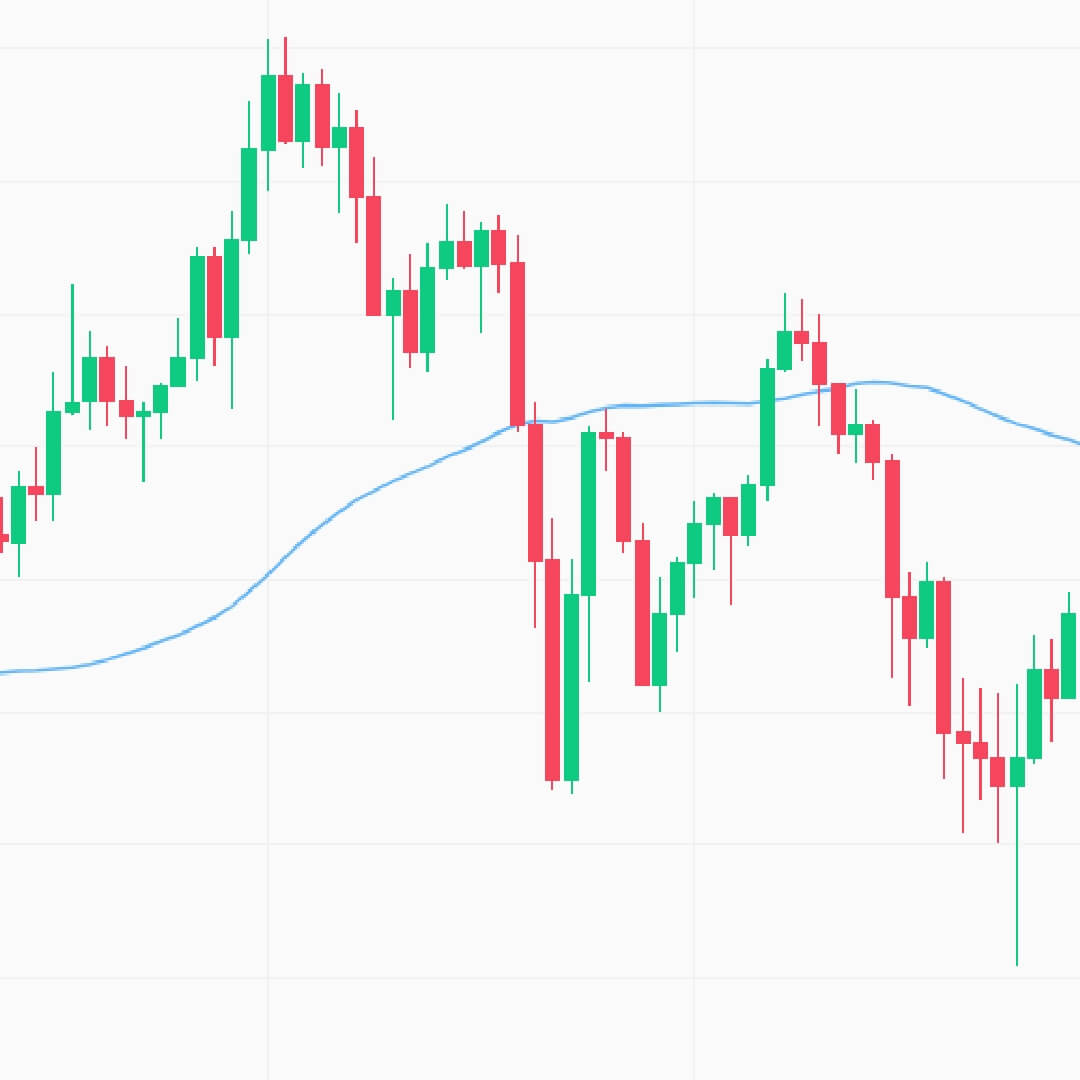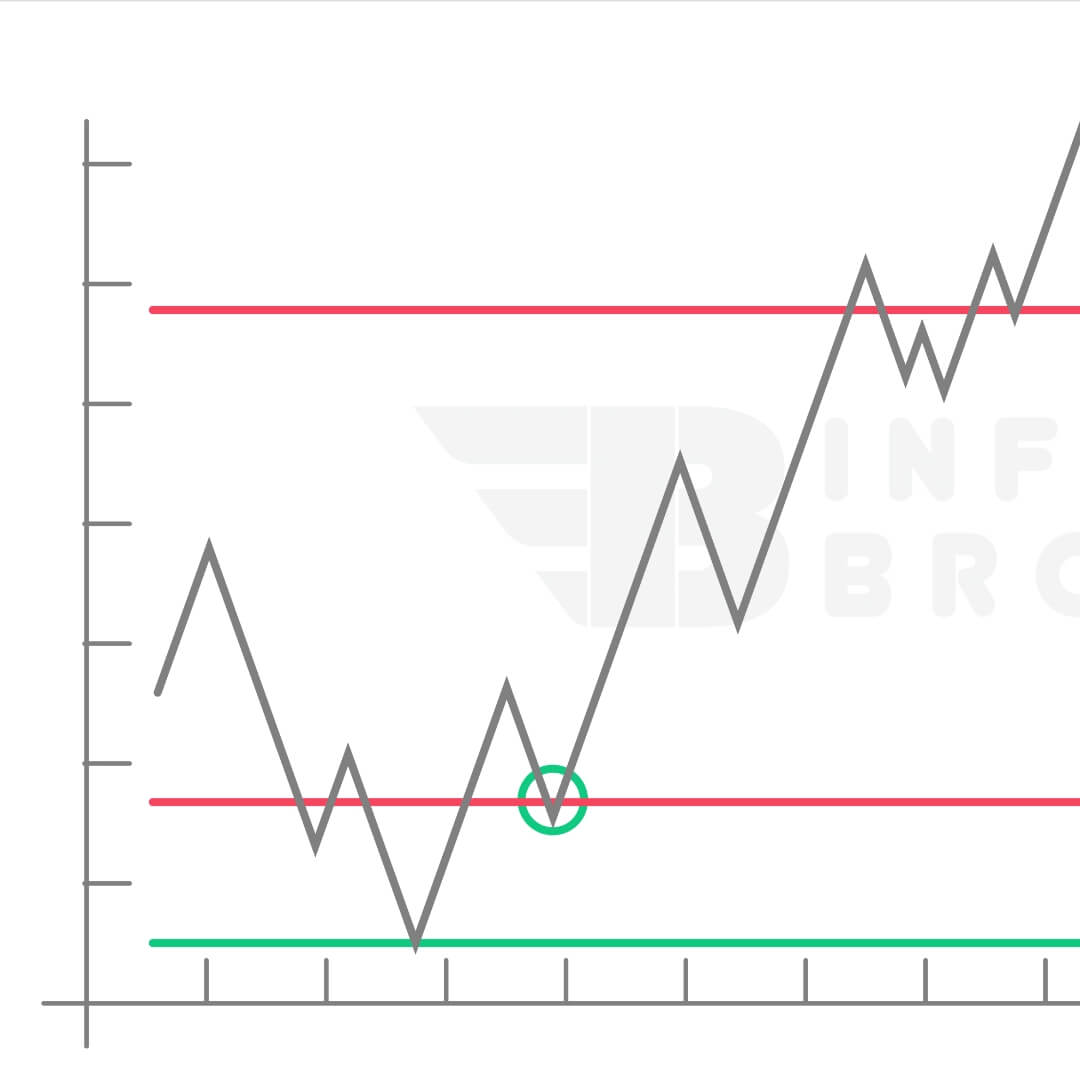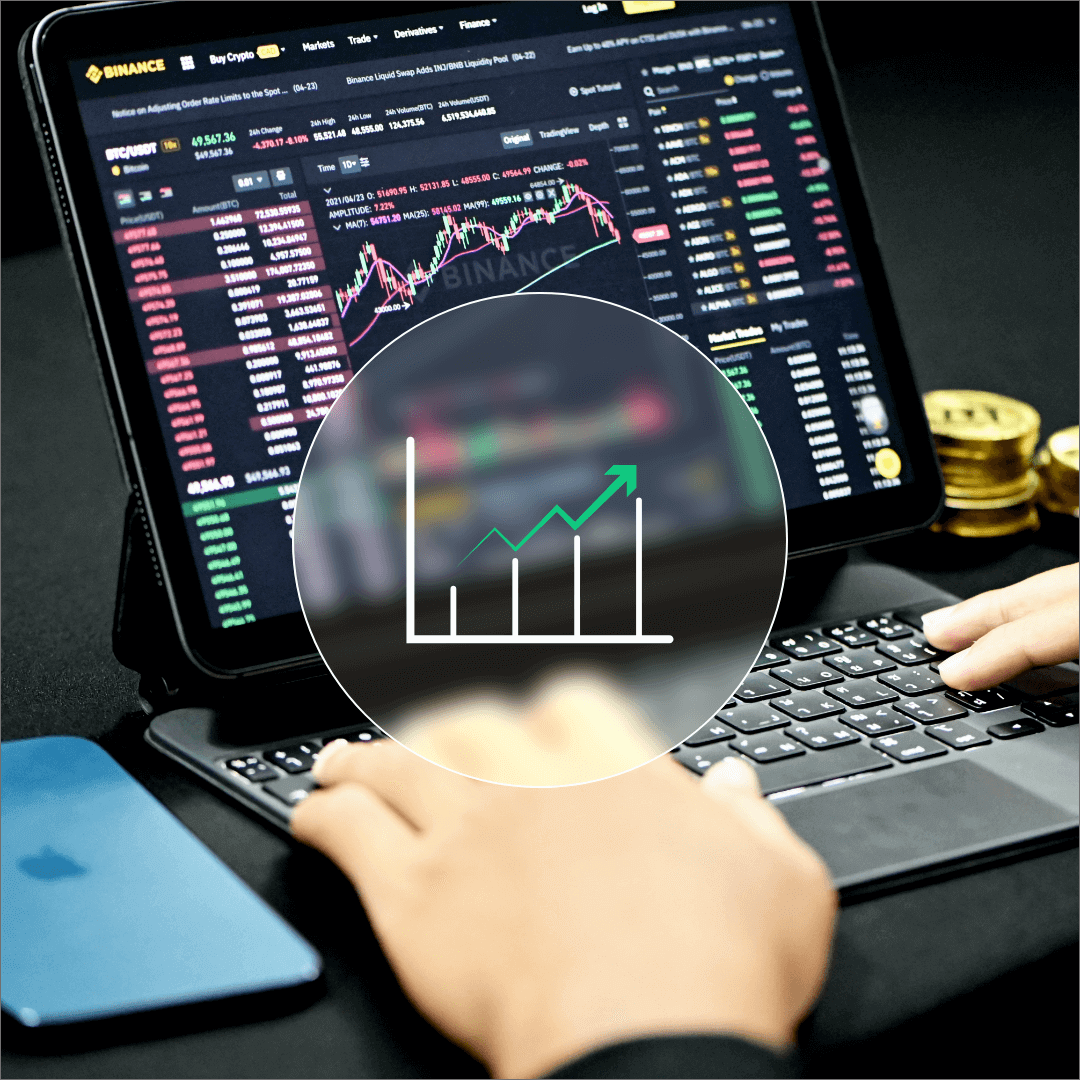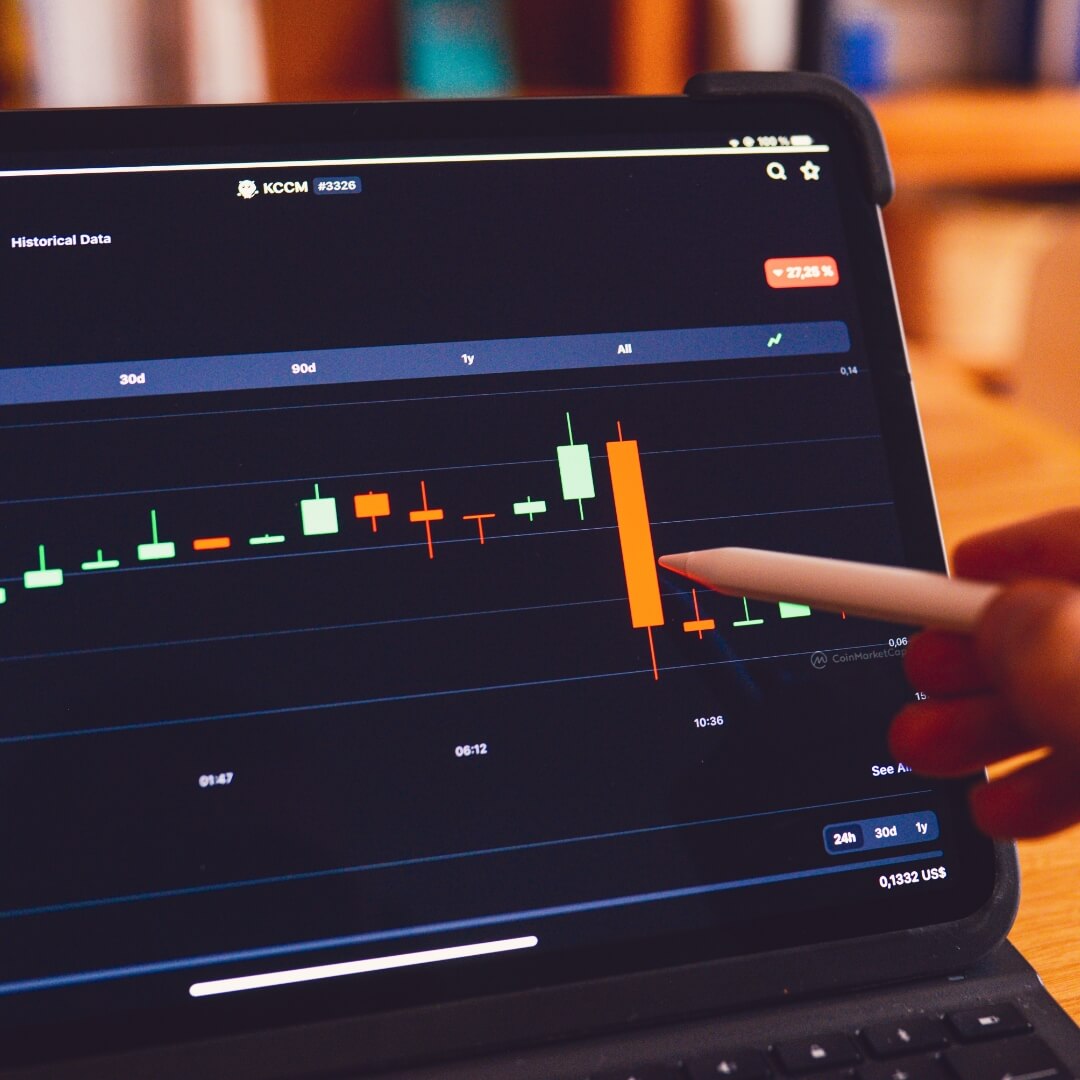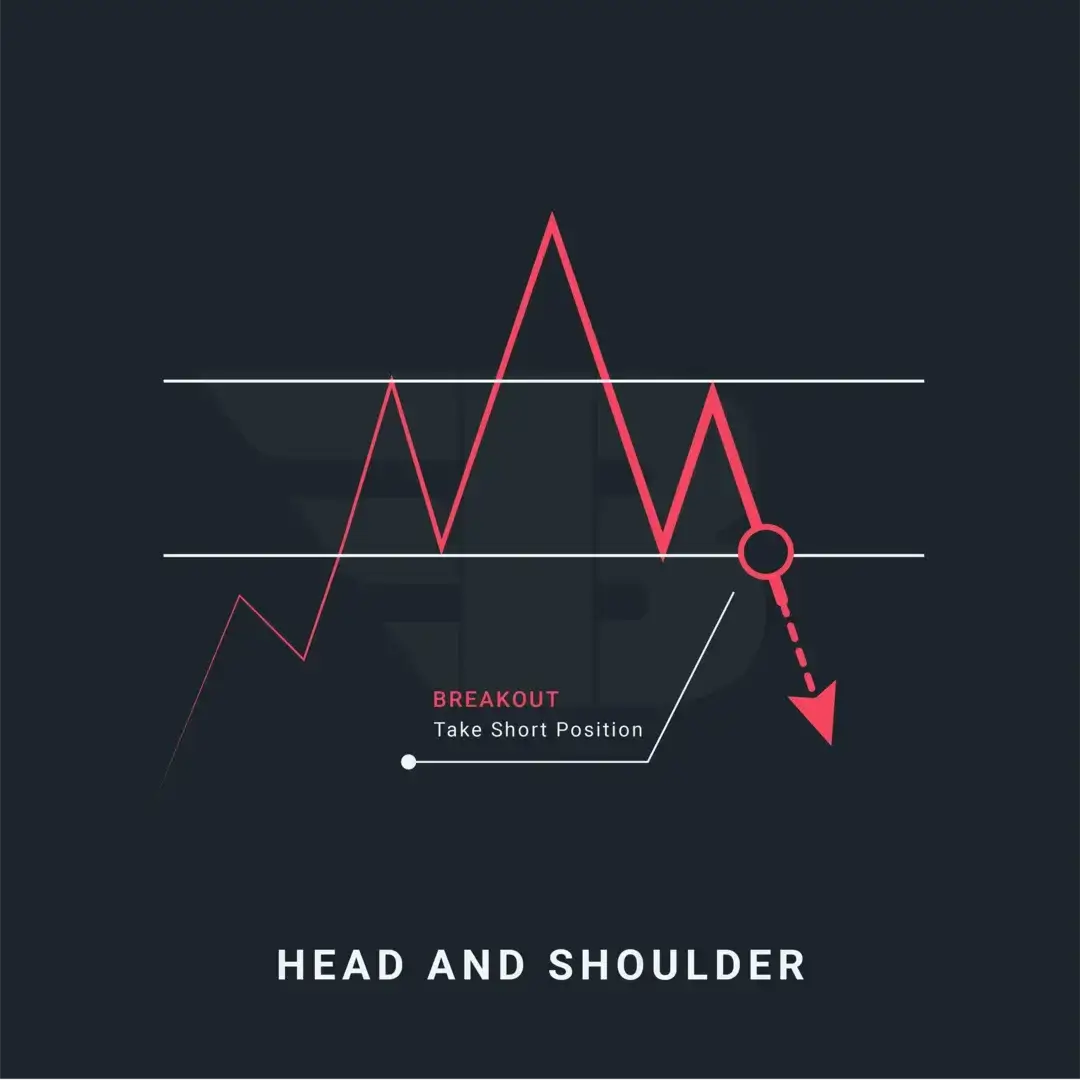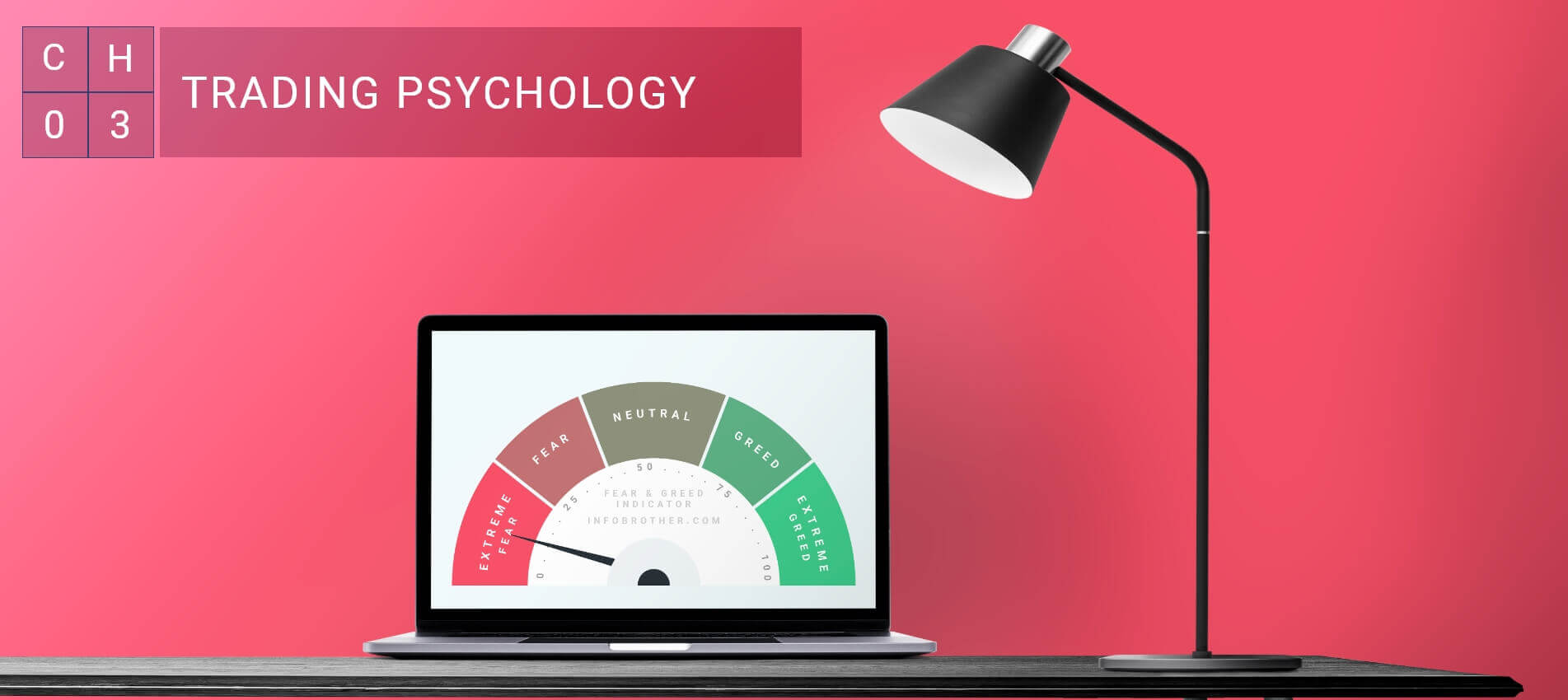
Unlocking Trading Psychology
Overcome Fear and Greed for Successful Trading
To review their trading strategies and know when to register wins and losses, traders must think quickly and make rapid judgments. They'll need an active mind and trading tactics to do this. However, having the appropriate method is useless unless it is combined with what we call trading psychology. A trader must remember that trading is a business, and becoming emotionally engaged might harm the company's performance. This is why each trader must first comprehend and then acquire the appropriate trading mindset.
We'll discover what trading psychology is, why it's necessary to create a strong trading psychology, and how to avoid the pitfalls of emotional trading in this chapter.









